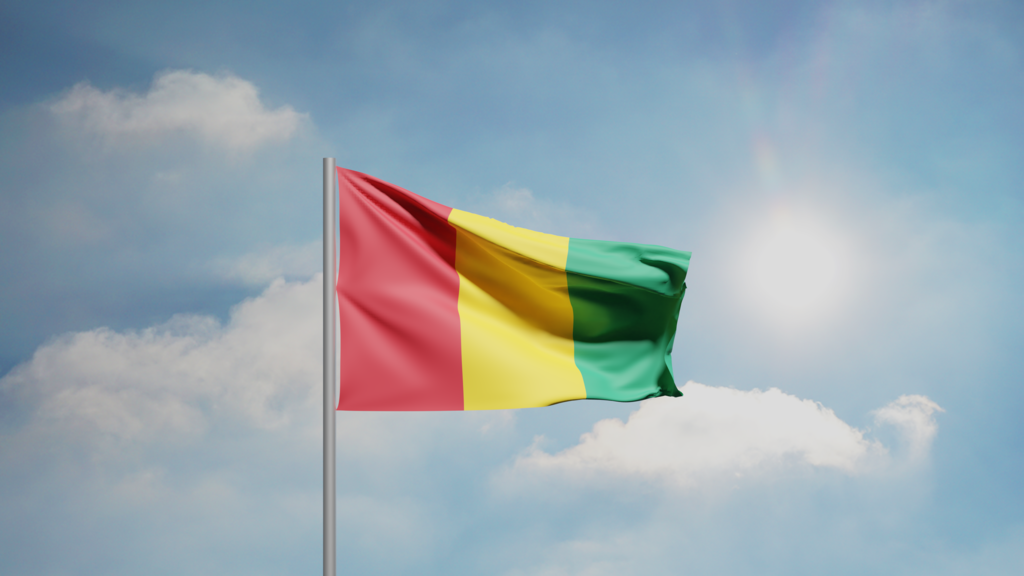The military government of Guinea has temporarily suspended the country’s three main opposition parties, citing non-compliance with the Guinean Charter of Political Parties. The decree, issued on Saturday, affects the Union of Democratic Forces of Guinea (UFDG), the Renewal and Progress Party (PRP), and the Rally of the Guinean People (RPG), prohibiting them from engaging in any political activities for a period of 90 days.
This suspension coincides with a critical time for Guinea, as a constitutional referendum is scheduled to take place between August 21 and September 18, 2023. The referendum aims to facilitate a transition back to civilian governance, a promise made by the military leadership. General Mamadi Doumbouya, head of the military government, announced the referendum plans on April 1. Opposition parties, particularly the UFDG, have voiced strong objections to the proposed constitutional changes, arguing that they would entrench the military’s hold on power.
Souleymane Konate, communications coordinator of the UFDG, criticized the draft constitution, asserting that it fails to provide a platform for serious public debate. He stated, “no serious debate on the content of the constitutional text [is being] proposed to Guineans,” emphasizing concerns about the legitimacy of the upcoming vote.
Legal Basis for Suspension
The official rationale for the suspension stems from the parties’ alleged failure to adhere to the requirements outlined in the Guinean Charter of Political Parties. Article 28 permits the Minister of the Interior to suspend any political group failing to notify the ministry of management changes, hold conventions, or meet financial obligations, such as maintaining a domestic bank account and providing financial statements on request.
The decree references an evaluation report published on March 14, which previously resulted in the dissolution of 27 political parties. Following this report, the RPG, associated with former president Alpha Conde, faced prior suspension. The UFDG was also given a 45-day window to hold a party convention, which it failed to do, leading to its current suspension.
The three opposition parties have been granted a three-month period to address the deficiencies cited in the suspension. After this time, a re-evaluation by governmental authorities will determine whether the parties can resume their activities. If the Minister of the Interior concludes that the irregularities remain unresolved, the parties could face dissolution. Importantly, any governmental decision can be appealed to the Guinean Supreme Court.
Ongoing Legal Challenges
The UFDG has already initiated a judicial review at the Supreme Court, with a decision expected on August 28. A spokesperson for the party expressed hope that the court would find the Minister of the Interior overstepped his authority in suspending the parties. They assert, “We expect the Supreme Court to remind you of this to Mr. Minister,” indicating a strong commitment to contesting the suspension.
As the situation develops, the international community will be closely monitoring these events in Guinea, particularly regarding the implications for the upcoming constitutional referendum and the broader political landscape. The actions taken by the military government may have significant ramifications for the future of democratic governance in the country.
